Microsoft helps protect Amazon rainforest with AI project
Microsoft AI for Good project funds rainforest protection project
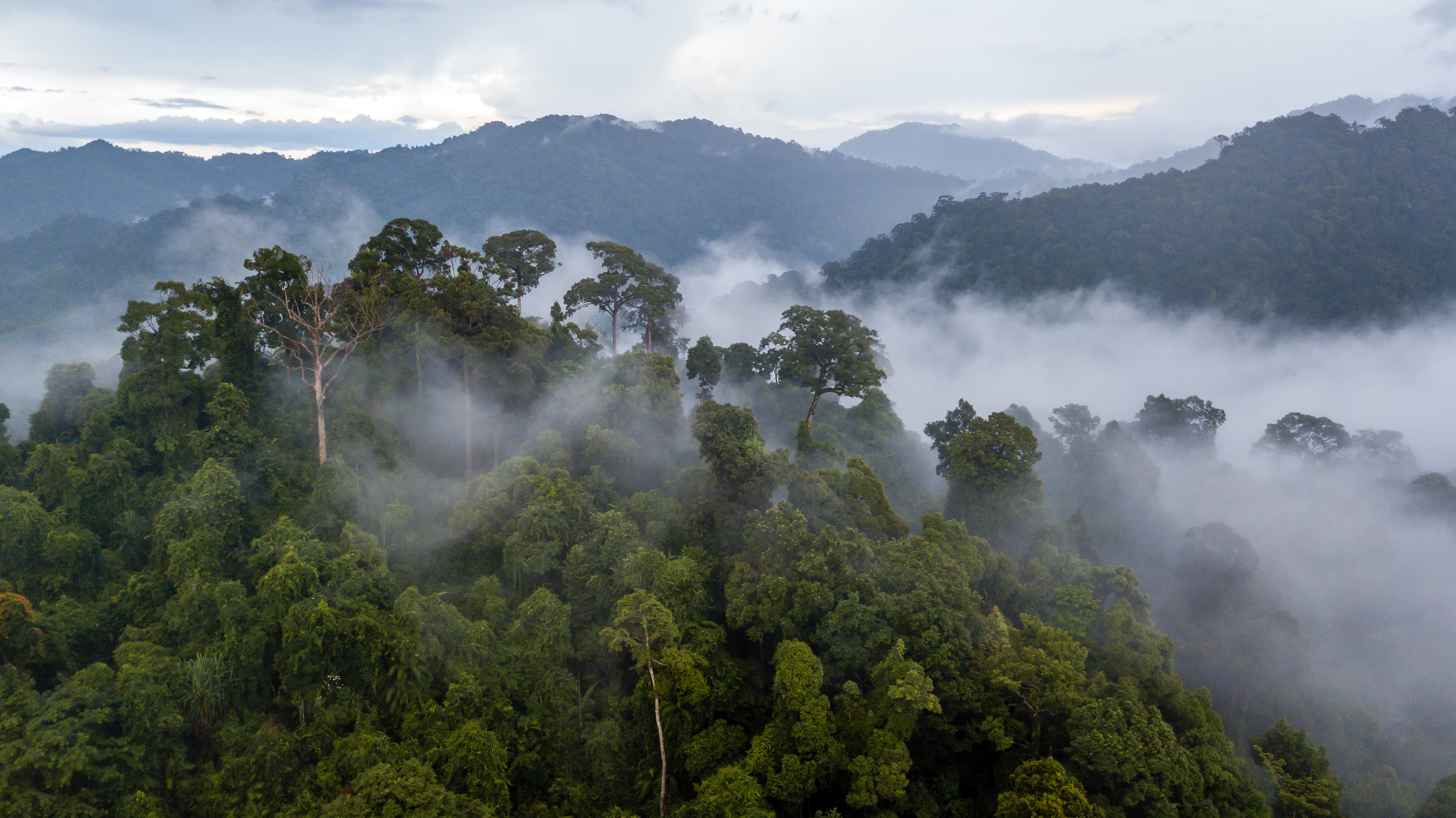

Microsoft has partnered with environmental groups to create an artificial intelligence (AI)-based tool that could help to stop deforestation in the Amazon rainforest.
The tool, called PrevisIA, uses machine learning to spot possible trends in forest conversion from deforestation. It uses the Azure cloud to ingest and process data about the Amazon environment, ranging from topography to land cover and urban infrastructure. It also includes socioeconomic data.
The software also includes an AI algorithm to detect legal and illegal roads from European Space Agency satellite imagery of the Amazon. This came from the Instituto do Homem e Meio Ambiente da Amazônia (Imazon), one of Microsoft's partners on the project. The name translates to the Institute of Man and the Environment of the Amazon.
The other organization partnering on PrevisIA was the Vale Fund, a nonprofit civil society association established by mining company Vale.
Public agencies can use the data it produces via a dashboard that will help them to fight deforestation.
PrevisIA will hopefully protect the rainforest during the dry season by determining its vulnerability to fire, Vale explained. The upside for the mining company is it can use the results of the project as part of the UN's Reducing Emissions from Deforestation and Degradation (REDD) initiative, yielding rewards in carbon credits.
RELATED RESOURCE
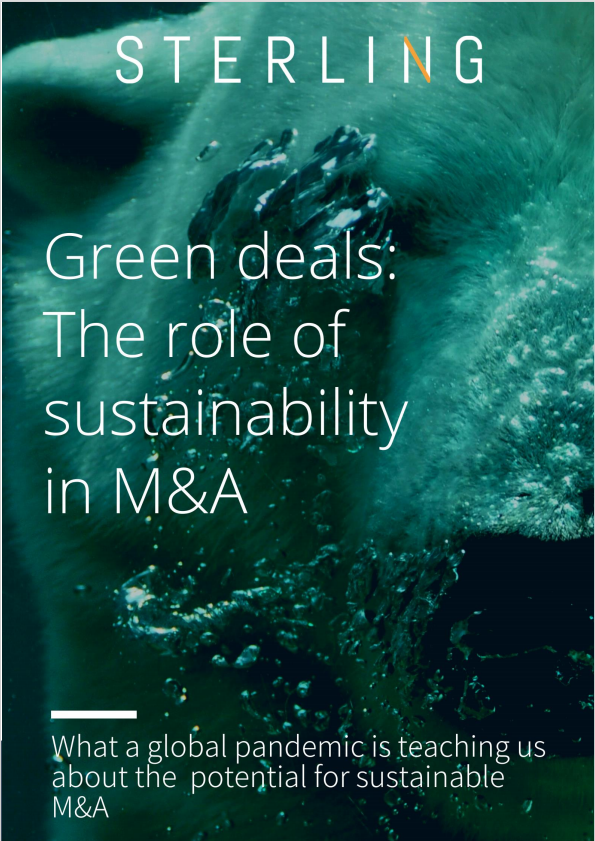
Green deals: The role of sustainability in M&A
What a global pandemic is teaching us about potential for sustainable M&A
Deforestation is an ongoing problem for the Amazon, and reached a 12-year high last year, according to Brazilian space agency Inpe. The biodiverse forest lost an area equivalent to a third of Belgium's size in 2020.
Get the ITPro daily newsletter
Sign up today and you will receive a free copy of our Future Focus 2025 report - the leading guidance on AI, cybersecurity and other IT challenges as per 700+ senior executives
Efforts to protect the Amazon seem to have little support from the Brazilian government under populist president Jair Bolsonaro. It has committed to bulldoze a 94-mile highway through the rain forest's Peruvian border territory.
The PrevisIA announcement reinforces Microsoft's environmentally friendly messaging. In January 2020, the software giant committed to becoming carbon-neutral by 2030. It also announced it would create a platform for collecting environmental data to help preserve biodiversity, mirroring other efforts in big tech. The company touted its AI for Good campaign, which allocated part of its $165 million in funding for the Vale and Imazon partnership.
However, Microsoft's AI for Good campaign doesn't extend to initiatives that contribute significantly to its bottom line. The company continues to sell AI to the US military, despite employee protests. It most recently signed a deal this spring to provide AI-powered HoloLens technology to the US army.
Danny Bradbury has been a print journalist specialising in technology since 1989 and a freelance writer since 1994. He has written for national publications on both sides of the Atlantic and has won awards for his investigative cybersecurity journalism work and his arts and culture writing.
Danny writes about many different technology issues for audiences ranging from consumers through to software developers and CIOs. He also ghostwrites articles for many C-suite business executives in the technology sector and has worked as a presenter for multiple webinars and podcasts.
-
 Bigger salaries, more burnout: Is the CISO role in crisis?
Bigger salaries, more burnout: Is the CISO role in crisis?In-depth CISOs are more stressed than ever before – but why is this and what can be done?
By Kate O'Flaherty Published
-
 Cheap cyber crime kits can be bought on the dark web for less than $25
Cheap cyber crime kits can be bought on the dark web for less than $25News Research from NordVPN shows phishing kits are now widely available on the dark web and via messaging apps like Telegram, and are often selling for less than $25.
By Emma Woollacott Published
-
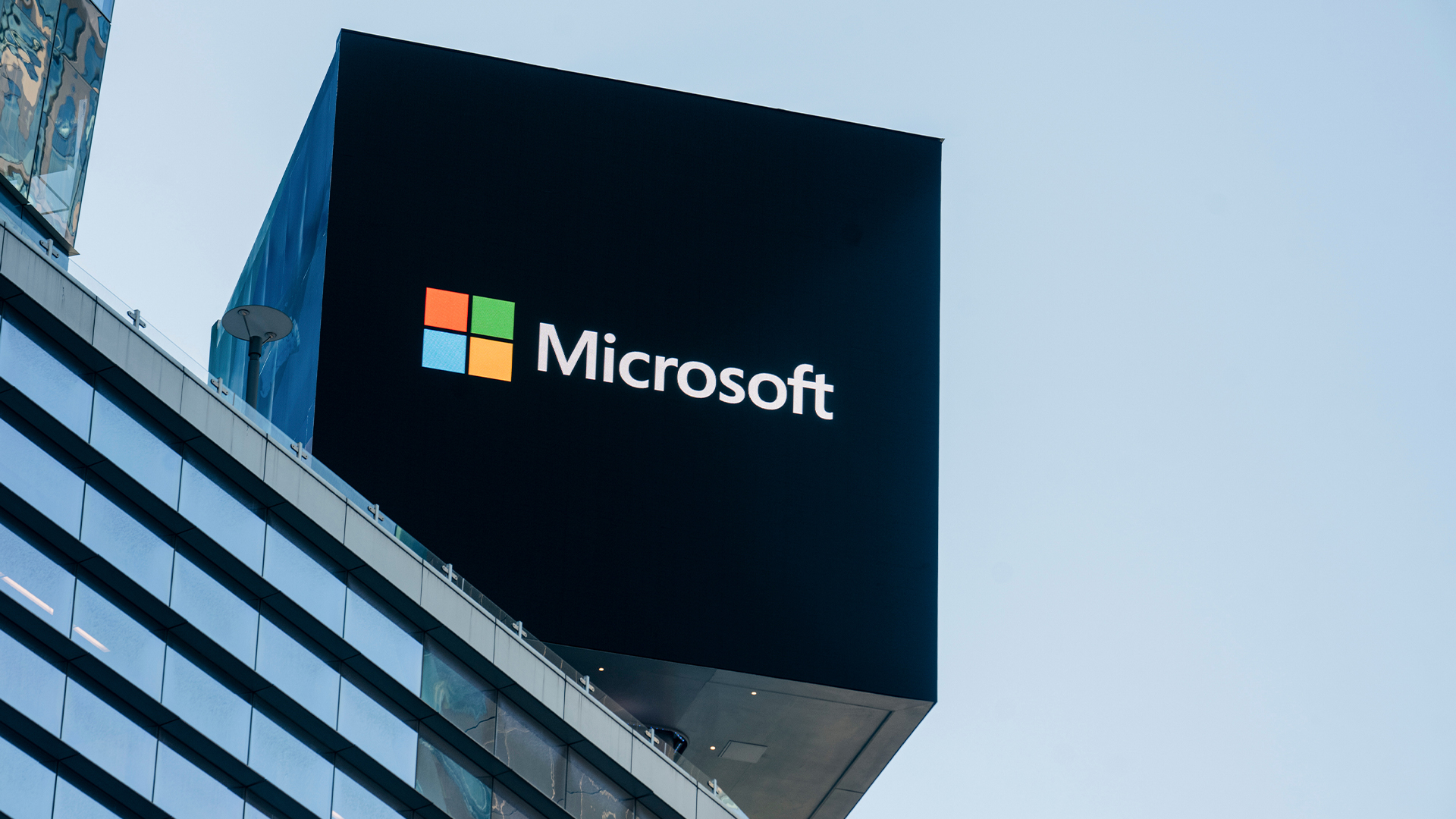 Microsoft is ending support for the Remote Desktop app – here are three alternatives you can try instead
Microsoft is ending support for the Remote Desktop app – here are three alternatives you can try insteadNews Microsoft has announced plans to end support for its Remote Desktop application in just over two months.
By George Fitzmaurice Published
-
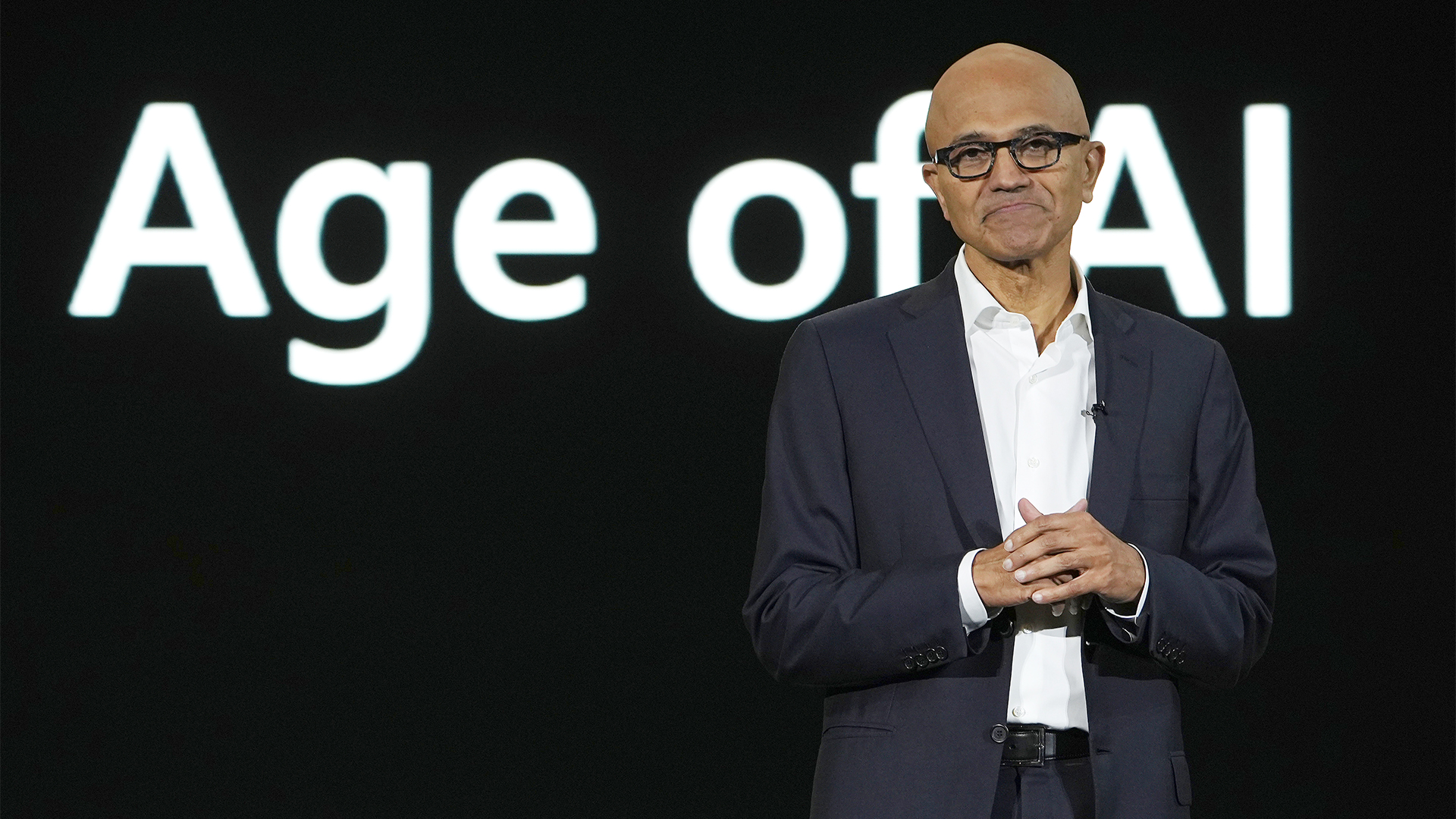 Microsoft's huge AI spending has investors worried – now the company is changing its financial reporting to highlight successes
Microsoft's huge AI spending has investors worried – now the company is changing its financial reporting to highlight successesNews The move comes as investors want more evidence that Microsoft’s AI investment will pay off
By Nicole Kobie Published
-
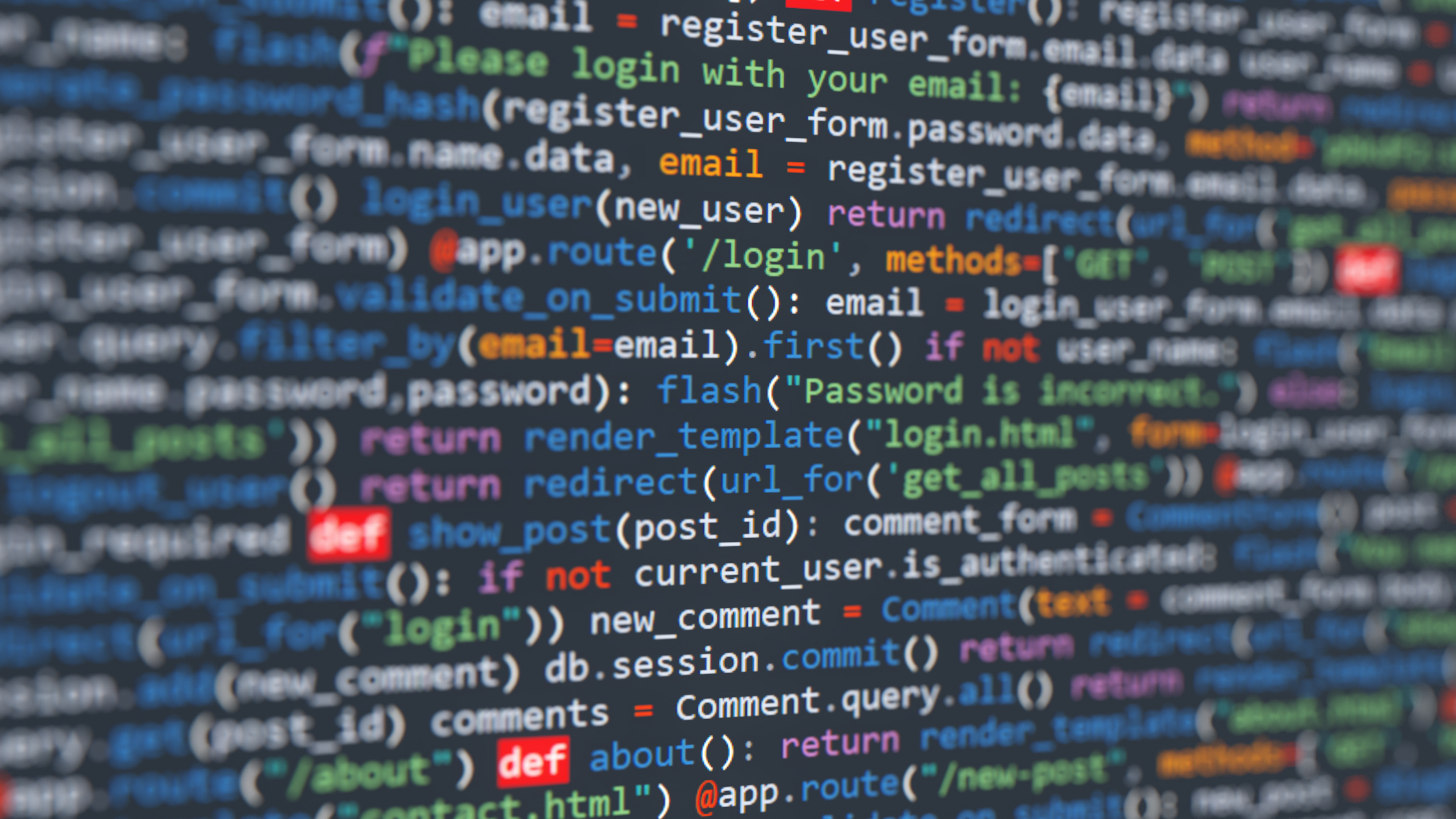 Could Python in Excel be a boon for cryptocurrency miners?
Could Python in Excel be a boon for cryptocurrency miners?Opinion Free Python compute resource on offer via Microsoft 365 beta preview – what could possibly go wrong?
By Richard Speed Published
-
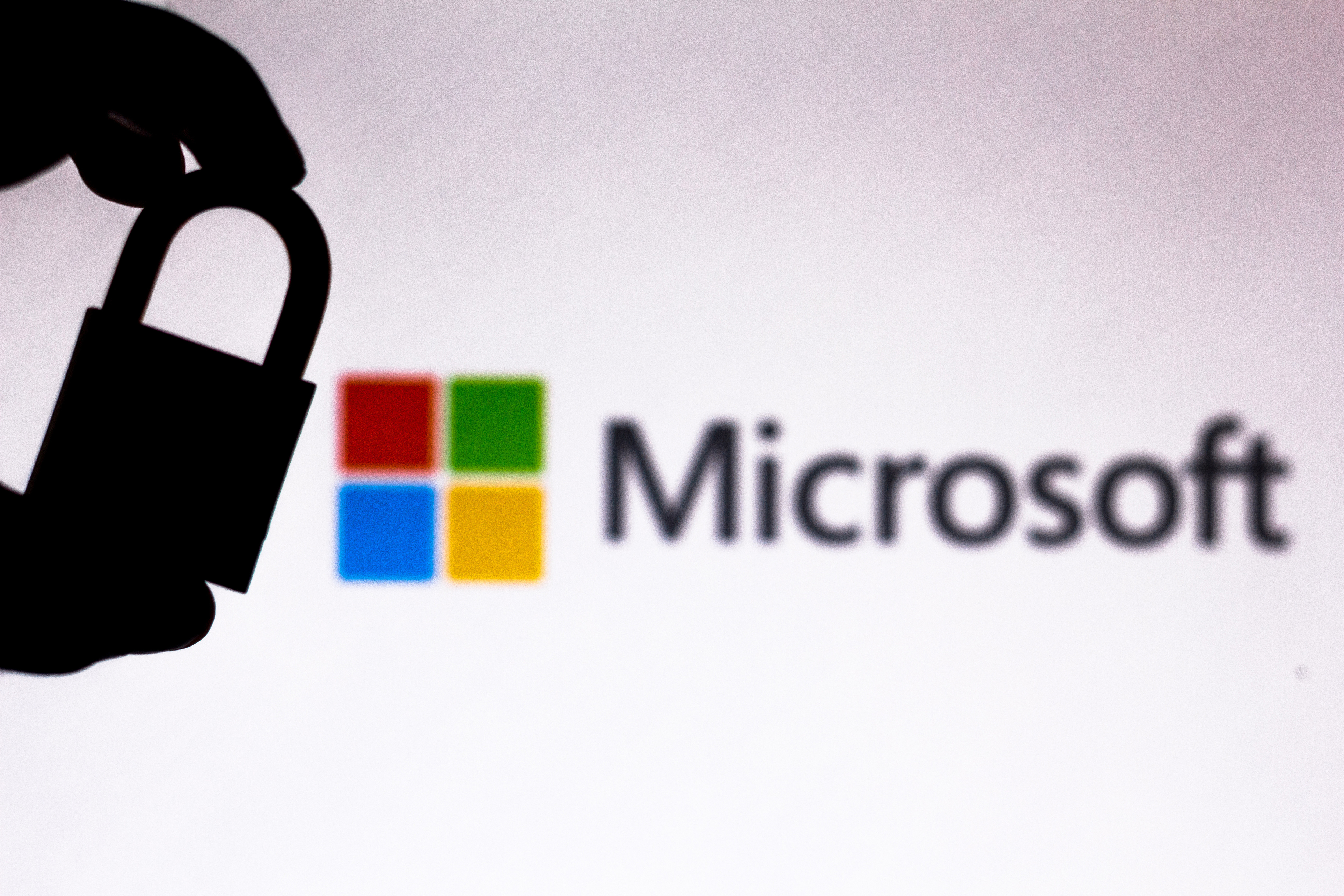 Microsoft defends “negligent” security approach that prolonged vulnerability fix for five months
Microsoft defends “negligent” security approach that prolonged vulnerability fix for five monthsNews The tech giant has refuted claims that its practices have left customers “in the dark”
By Ross Kelly Published
-
 Microsoft Build 2023: Microsoft Fabric and oodles of Azure AI integrations announced
Microsoft Build 2023: Microsoft Fabric and oodles of Azure AI integrations announcedNews Microsoft Fabric aims to greatly improve developer productivity and simplify real-time analytics
By Ross Kelly Published
-
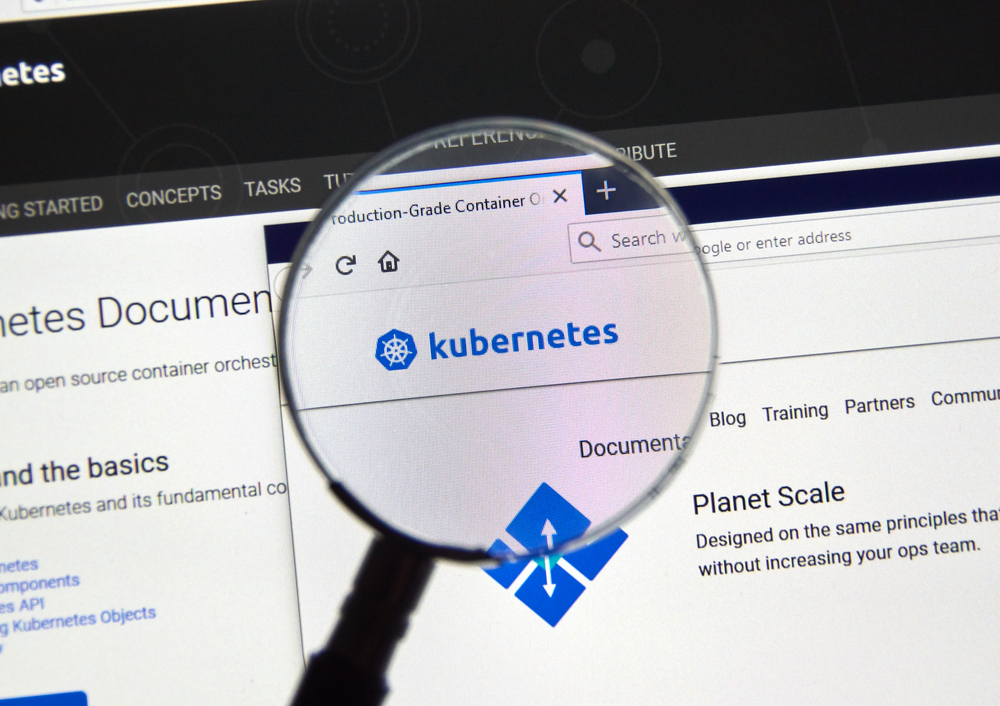 Five ways to reduce Kubernetes costs
Five ways to reduce Kubernetes costsTutorials With cutting expenditure a business imperative, there are several ways enterprises can reduce Kubernetes costs
By Ross Kelly Last updated
-
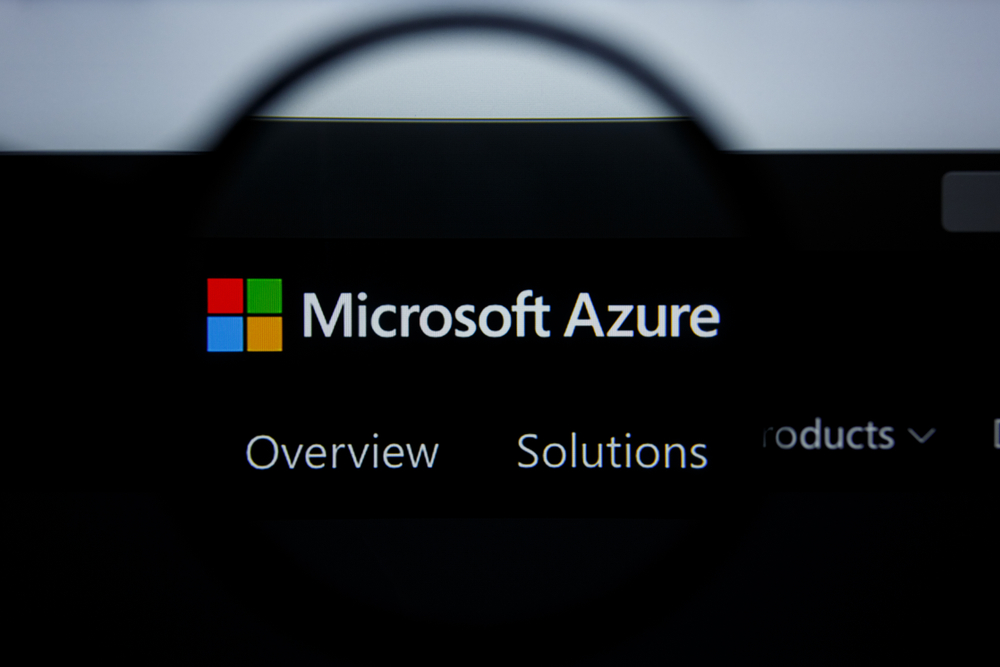 Azure spending notifications for customers unavailable until March, Microsoft warns
Azure spending notifications for customers unavailable until March, Microsoft warnsNews Customers have been advised to manually monitor Azure usage and costs until a fix is implemented
By Ross Kelly Published
-
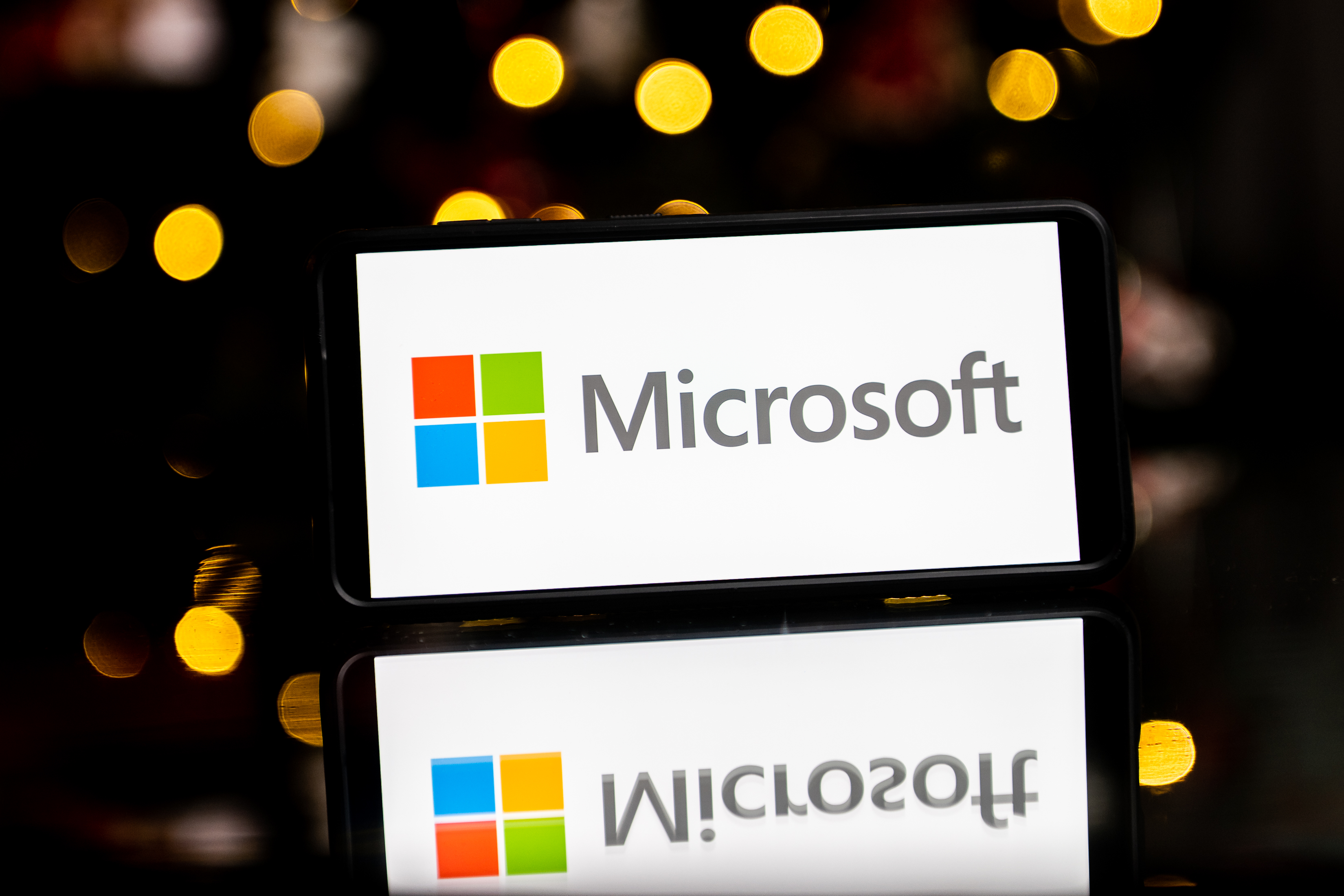 Microsoft cloud revenue still sky-high as device sales continue to slide
Microsoft cloud revenue still sky-high as device sales continue to slideNews The company's latest earnings call revealed that Azure cloud products delivered better-than-expected results while numbers in other divisions fell substantially
By Ross Kelly Published